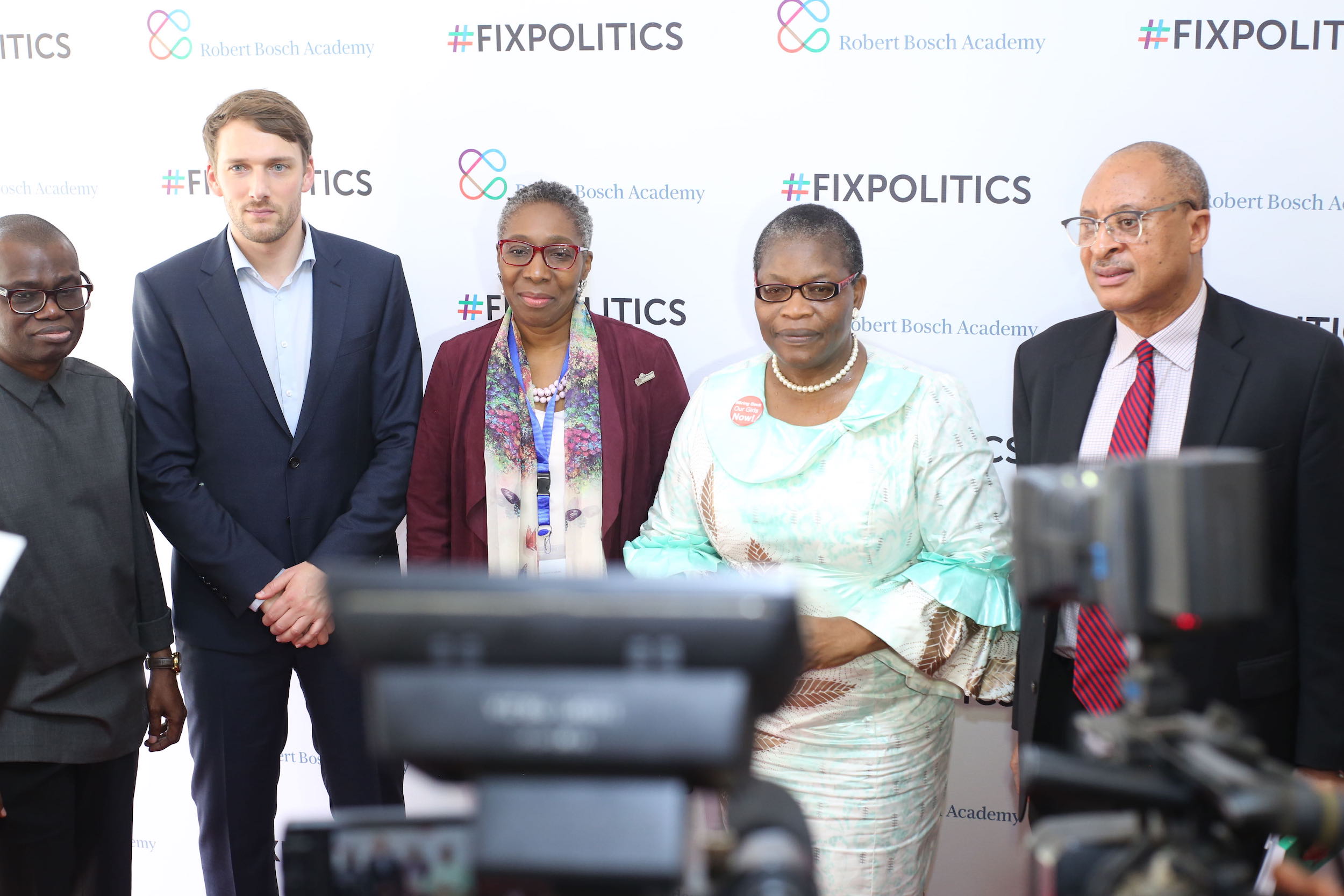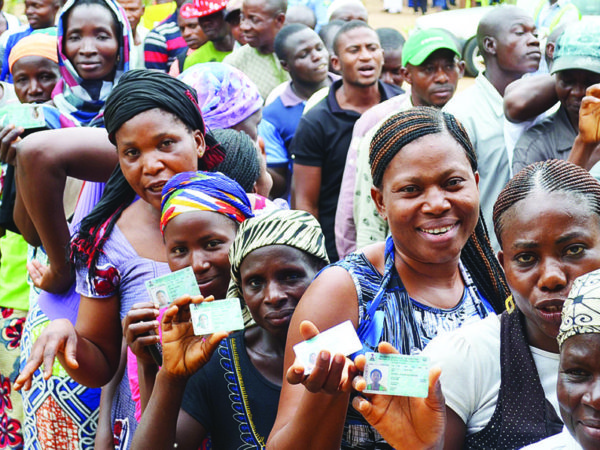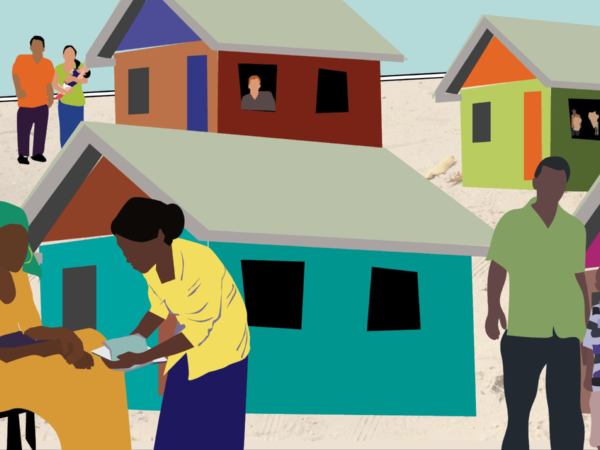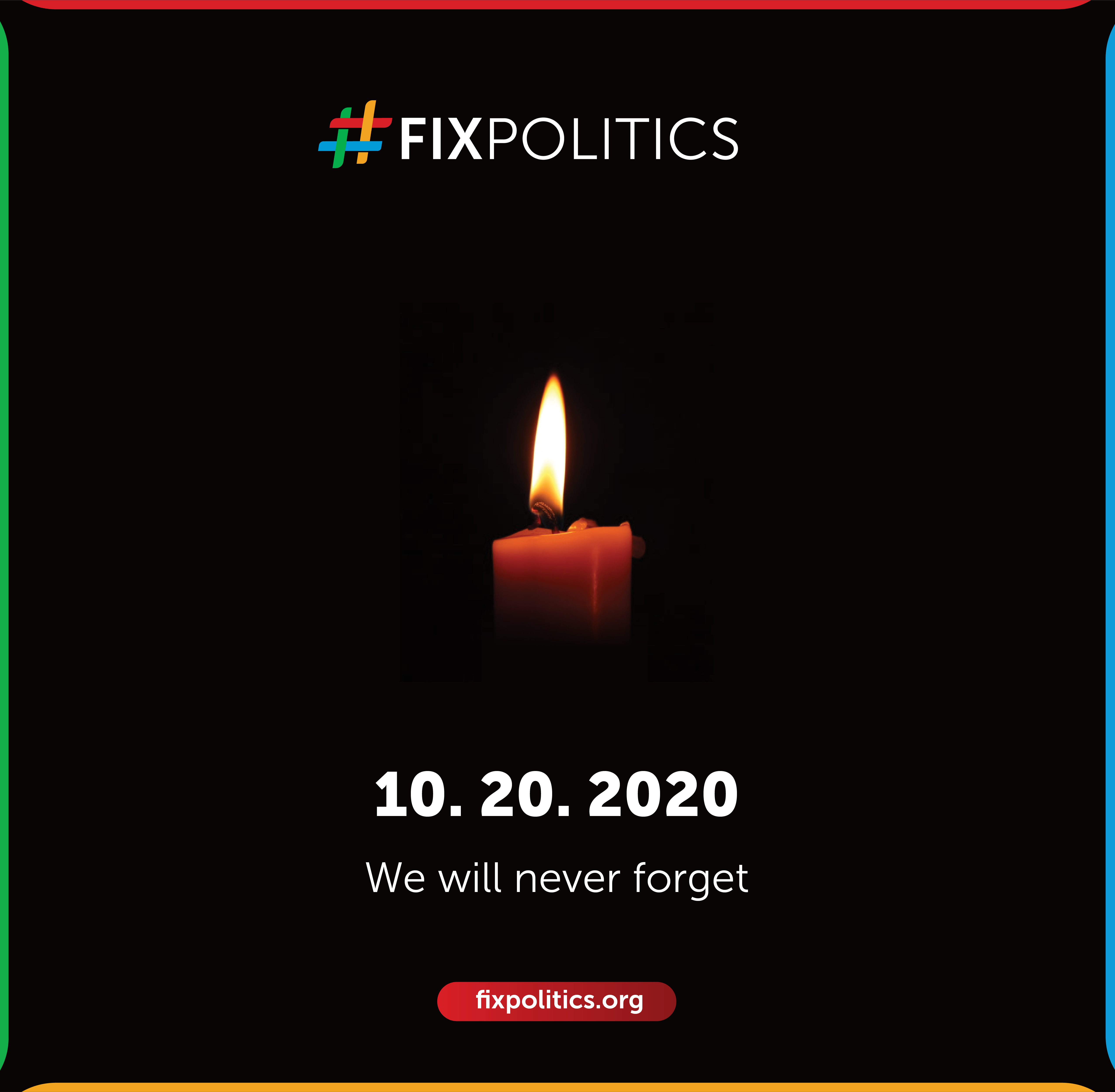
I decided to adopt the economics types of markets for my analytical framing and evaluation of democracies around the continent of Africa. In my framework, the Voters – the Electorate- in elections, are the Demand Side actors in the “market” of politics. The Political Class or more specifically, politicians are the Supply Side actors or Suppliers. Meanwhile, the Market Environment in which the electorate and politicians interact is composed of political parties, electoral law, rules and guidance, elections bodies/umpire, law enforcement and other security establishments. By so doing, I could more clearly understand how the conditions of political competition determine governance outcomes in Nigeria and other African countries just as it happens in economic market types. Inherent in this modelling is the assumption that political contexts, which are closest to Perfect Market condition, will deliver optimal governance outcome than an oligopoly, duopoly and worst of them all, a monopoly.
In evaluating the pattern and outcomes of elections in Nigeria since independence in 1960, there is strong evidence that the “Market of Politics” mirrors a Monopoly – that is, the dominance of politicians over the electorate. These dominant Supply Side actors have assumed the character of a single group with similar attributes, attitudes and interests. Evidence abounds that regardless of the differences in the names of political parties that politicians belong to in Nigeria; the governance outcomes they produce have been more similar than differentiated. The generic characteristics of the Nigerian political class is that it merchandizes politics for personal or small group benefit to the utter neglect of the public good. Politicians as a group are unmatched in power and influence by the weak, fragmented, unstructured, fractured, factionalized, disengaged, apathetic, uninformed, misinformed and ineffectual electorate. Just like their economics types of market counterparts, monopoly politicians have no incentive to offer quality or cost effectiveness to the demand side. Inherently, such a monopoly condition leads to highly unfavorable outcomes for the electorate. The monopolist in absolute position of dominance has no incentive to change at any time, whether in the short, medium or long run.
A monopolist political system operated by politicians who have no reason to fear credible competition naturally has no prospect of ever providing Good Governance. The evidence of this distortionary condition is that election after election; there are no consequences for the failure of the politicians to improve the wellbeing of the electorate. The absence of the pressures of political competition emboldens bad economic policies that regress or stagnate growth and worsen Nigeria’s poverty profile. The Nigerian political class constantly act in disregard of the rule of law as well as abuse public office and resources because there are no consequences in the absence of credible political competition. Impunity has no cost to politicians in the monopolistic political model and therefore entrenches bad governance. Worse is that a monopolist has negligible incentive for innovation. In rare cases where innovation happens, the tendency is for the monopolist to retain the efficiency gains without passing on improved quality or price to the consumers. A monopolist political order is lethally unfavorable to any electorate.



